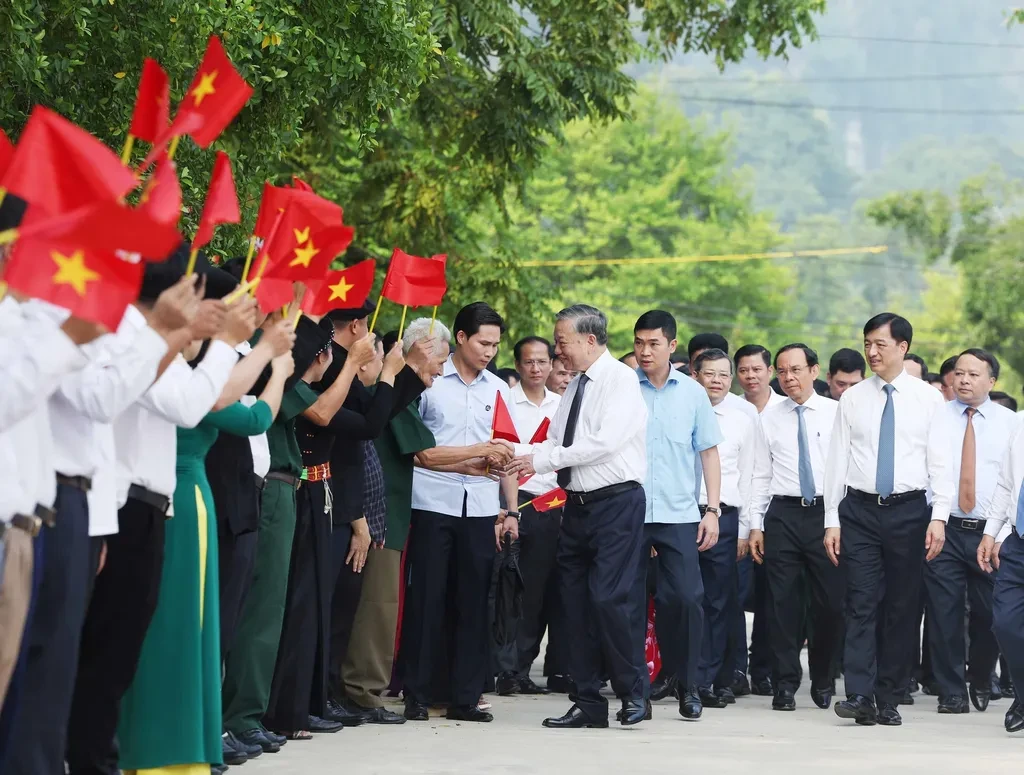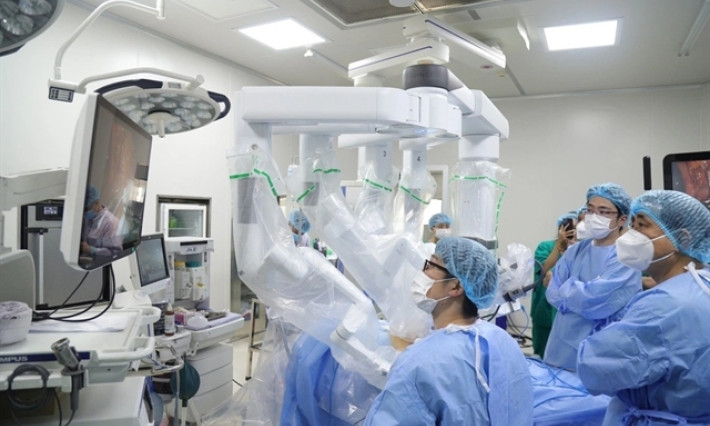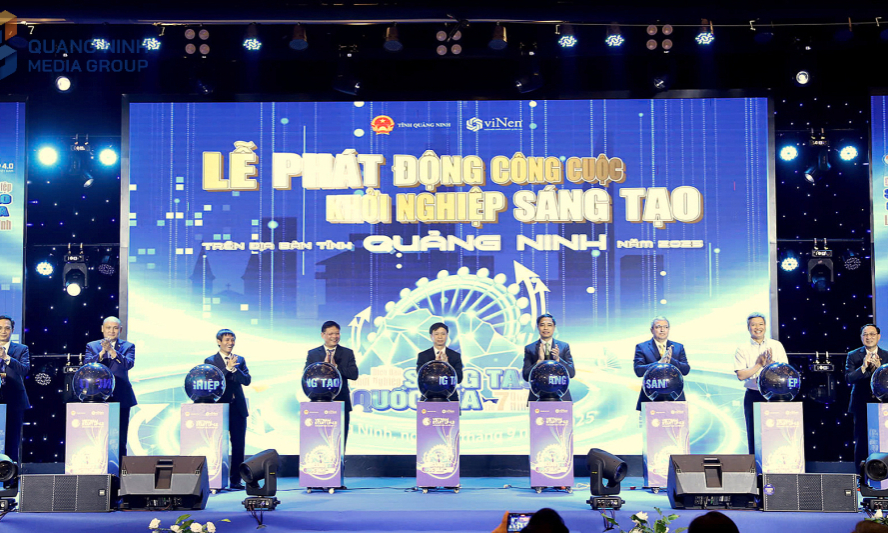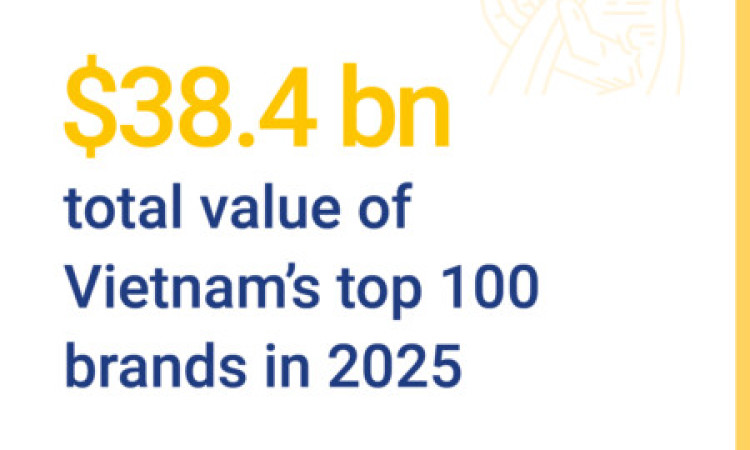Party chief attends All People's Security Safeguard Festival in Tuyên Quang
The Party leader praised Tuyên Quang’s recent launch of the All People’s Security Protection movement, particularly in Tân Trào, a locality rich with revolutionary tradition..jpg)
Party General Secretary Tô Lâm attended the All People's Security Safeguard Festival and the inauguration of a monument to President Hồ Chí Minh in Tân Trào Commune in the northern province of Tuyên Quang on Thursday.
The event came ahead of the 80th anniversaries of the August Revolution (August 19) and National Day (September 2), alongside the founding of the People’s Public Security Force and the 20th anniversary of the All People’s Security Safeguard Festival, also observed on August 19.
In his speech, General Secretary Lâm underscored the event’s significance as a moment to reflect on Việt Nam’s history and honour citizens’ contributions to the cause of national security protection and social safety and order.
He praised Tuyên Quang’s recent launch of the All People’s Security Protection movement, particularly in Tân Trào, a locality rich with revolutionary tradition.
The movement has been integrated into broader pushes for advanced new rural development, the preservation of ethnic cultural heritage, protection of upstream forests and promotion of 'red tourism' tied to revolutionary sites, all while maintaining public safety and order.
On the occasion, he pledged full State funding for the construction of a boarding school to serve primary and secondary education in Thanh Thủy Commune. He also planted a commemorative tree at the site of the newly unveiled monument to President Hồ Chí Minh in Tân Trào.

At the inauguration ceremony, Minister of Public Security General Lương Tam Quang highlighted the significance of the monument's construction in Tuyên Quang, where President Hồ Chí Minh lived and worked for nearly six years during the revolutionary period.
Standing 7.9m tall and crafted from nearly seven tonnes of pure copper, the monument, set on a 3.6m pedestal, draws on archival images to capture his likeness.
It aims to transform the Tân Trào Special National Historical Site into a national hub for revolutionary education, while preserving vivid memories and the lasting image of Hồ Chí Minh during his time in Tuyên Quang.






